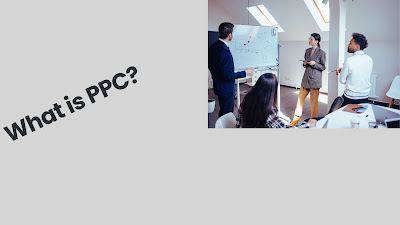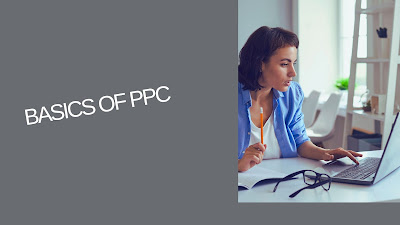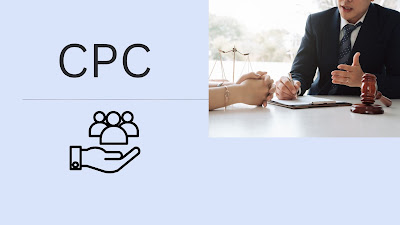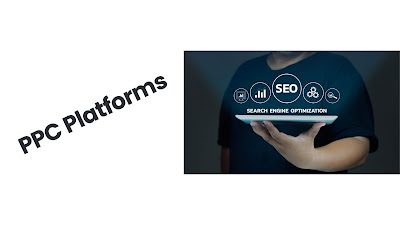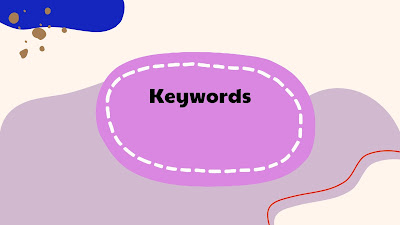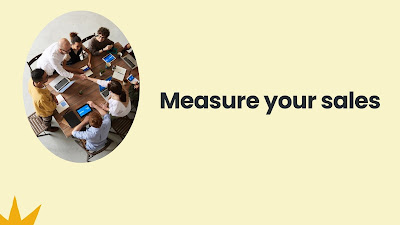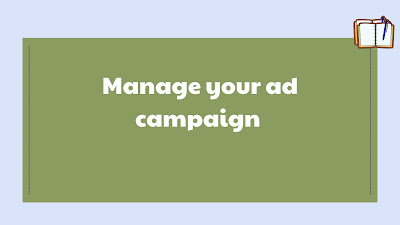In the ever-evolving landscape of digital marketing, Pay-Per-Click (PPC) advertising stands as a cornerstone for businesses aiming to drive targeted traffic to their websites. PPC offers a cost-effective way to reach potential customers by placing ads on search engines and other platforms. This article will delve into the intricacies of PPC, exploring its fundamentals, strategies, and optimization techniques to maximize its effectiveness.
Understanding PPC
PPC advertising allows businesses to bid for ad placement in a search engine's sponsored links section. Advertisers only pay when their ad is clicked, hence the name "pay-per-click." This model ensures that businesses only incur costs when there is genuine interest from users, making it a highly measurable and efficient form of advertising.
Components of a PPC Campaign
Keywords: Keywords are the foundation of any PPC campaign. They determine when and where your ads will appear. Extensive keyword research is crucial to identify relevant terms that potential customers are likely to search for.
Ad Copy: Compelling ad copy is essential to grab users' attention and entice them to click. It should be concise, relevant, and include a clear call-to-action (CTA) to drive engagement.
Landing Pages: A well-designed landing page tailored to match the ad's message enhances user experience and increases the likelihood of conversions. It should deliver on the promise made in the ad and provide valuable information or solutions to visitors.
Bid Strategy: Bidding strategy determines how much you are willing to pay for clicks and plays a crucial role in ad placement and cost control. Options include manual bidding, automated bidding, and strategies like Cost-Per-Click (CPC) or Cost-Per-Acquisition (CPA).
PPC Platforms
Google Ads: Formerly known as Google AdWords, Google Ads is the most popular PPC platform, offering ads on Google Search, Display Network, YouTube, and more.
Bing Ads: Bing Ads provides access to Microsoft's search network, including Bing and Yahoo, reaching a different audience than Google.
Social Media Platforms: Platforms like Facebook, Instagram, Twitter, and LinkedIn offer PPC advertising options with advanced targeting capabilities based on demographics, interests, and behaviors.
Strategies for PPC Optimization
Keyword Optimization: Regularly review and refine your keyword list to ensure relevance and effectiveness. Utilize match types (broad match, phrase match, exact match) strategically to control the reach of your ads.
Ad Copy Testing: A/B test different ad variations to identify which messages resonate best with your audience. Experiment with headlines, descriptions, and CTAs to optimize ad performance.
Quality Score Improvement: Quality Score, a metric used by Google Ads to measure the relevance and quality of your ads, keywords, and landing pages, directly impacts ad rank and cost-per-click. Focus on improving ad relevance, click-through rate (CTR), and landing page experience to boost Quality Score.
Ad Extensions: Take advantage of ad extensions such as site links, callouts, and structured snippets to provide additional information and enhance ad visibility. Extensions can improve CTR and ad rank while offering users more reasons to click.
Conversion Tracking: Implement conversion tracking to measure the effectiveness of your PPC campaigns. Track valuable actions such as form submissions, purchases, or sign-ups to assess campaign performance and optimize accordingly.
Budget Management: Monitor your budget regularly and allocate funds to high-performing campaigns and keywords. Adjust bids based on performance data to maximize return on investment (ROI) while controlling costs.
Remarketing: Utilize remarketing campaigns to re-engage users who have previously visited your website but did not convert. Tailor ads to their interests or behaviors to encourage them to return and complete desired actions.
Conclusion
PPC advertising presents a powerful opportunity for businesses to connect with their target audience and drive valuable traffic to their websites. By understanding the fundamentals of PPC, implementing effective strategies, and continuously optimizing campaigns, businesses can achieve their marketing objectives efficiently and cost-effectively in the competitive digital landscape. Embrace the versatility of PPC platforms, experiment with different tactics, and leverage data-driven insights to stay ahead in the dynamic world of digital marketing.


